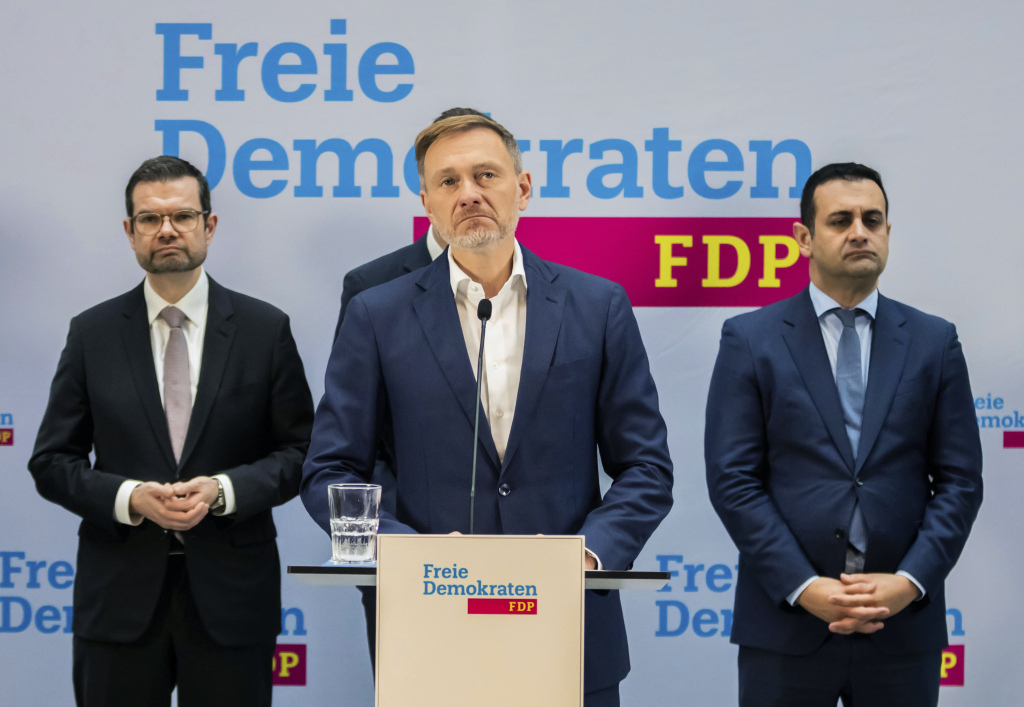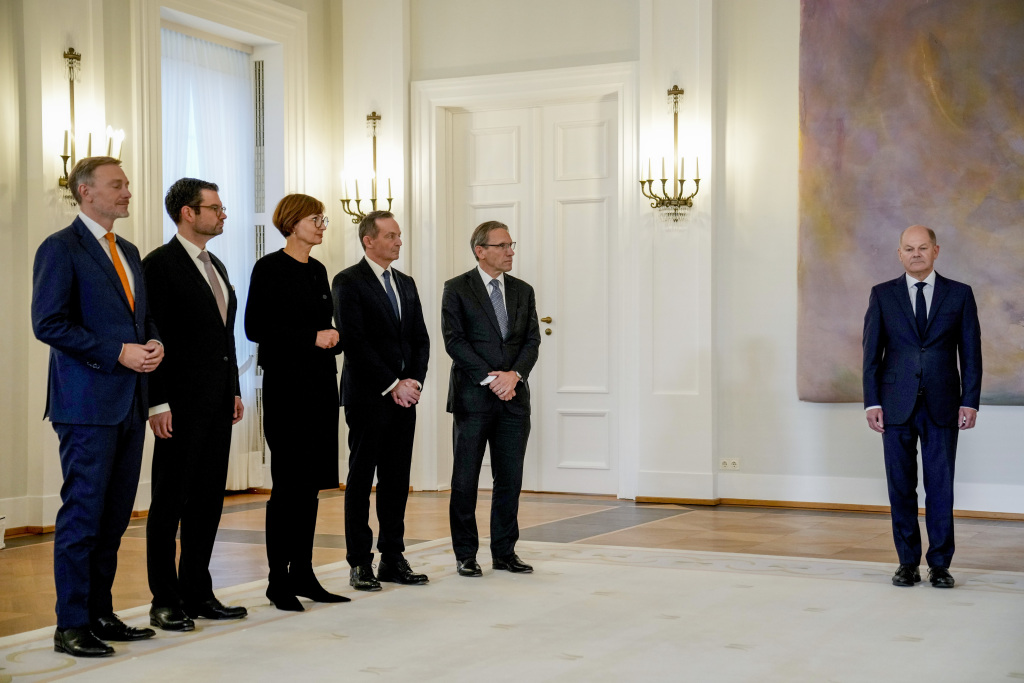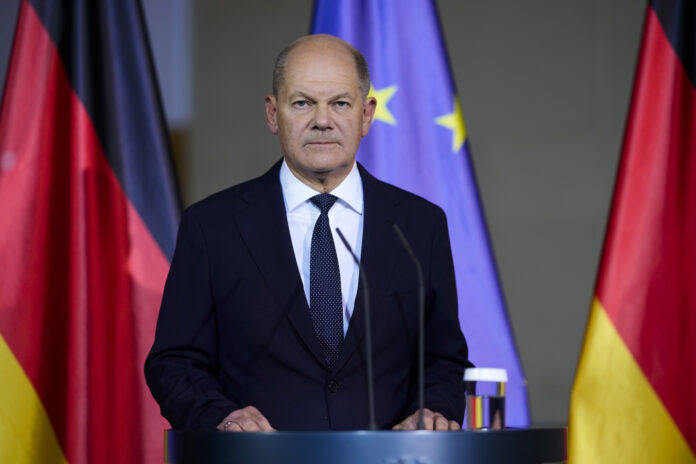Germany’s government coalition collapsed this week when Chancellor Olaf Scholz fired Finance Minister Christian Lindner, leading to a dramatic shift in the political landscape. Scholz announced he would lead the country with a minority government, formed by his Social Democrats and the Greens, until early next year, despite opposition calls for early elections. The move followed mounting tensions over economic policy, as Lindner’s pro-business agenda clashed with the Social Democrats and Greens’ push for state investment and welfare protection.

Scholz faces political pressure as opposition demands early elections
In the wake of the coalition collapse, opposition leader Friedrich Merz called for an immediate vote of no confidence, urging Scholz to hold elections as soon as possible. Scholz, however, insisted on waiting until January 15 to hold a vote of confidence in parliament. If Scholz loses the vote, Germany’s president could dissolve parliament, potentially triggering an early election as early as March. Meanwhile, President Frank-Walter Steinmeier officially dismissed three Free Democrats ministers, including Lindner, and appointed new officials to key positions.
Economic concerns mount as Germany faces political gridlock

As Germany navigates its political crisis, analysts warn that the country’s economic challenges are worsening. Achim Wambach of the Leibniz Center for European Economic Research cautioned that a prolonged period of political instability could hinder efforts to address economic stagnation and the country’s failure to attract necessary investments. With the coalition partners divided over how to tackle climate neutrality and economic growth, Germany faces mounting uncertainty on both political and economic fronts.


